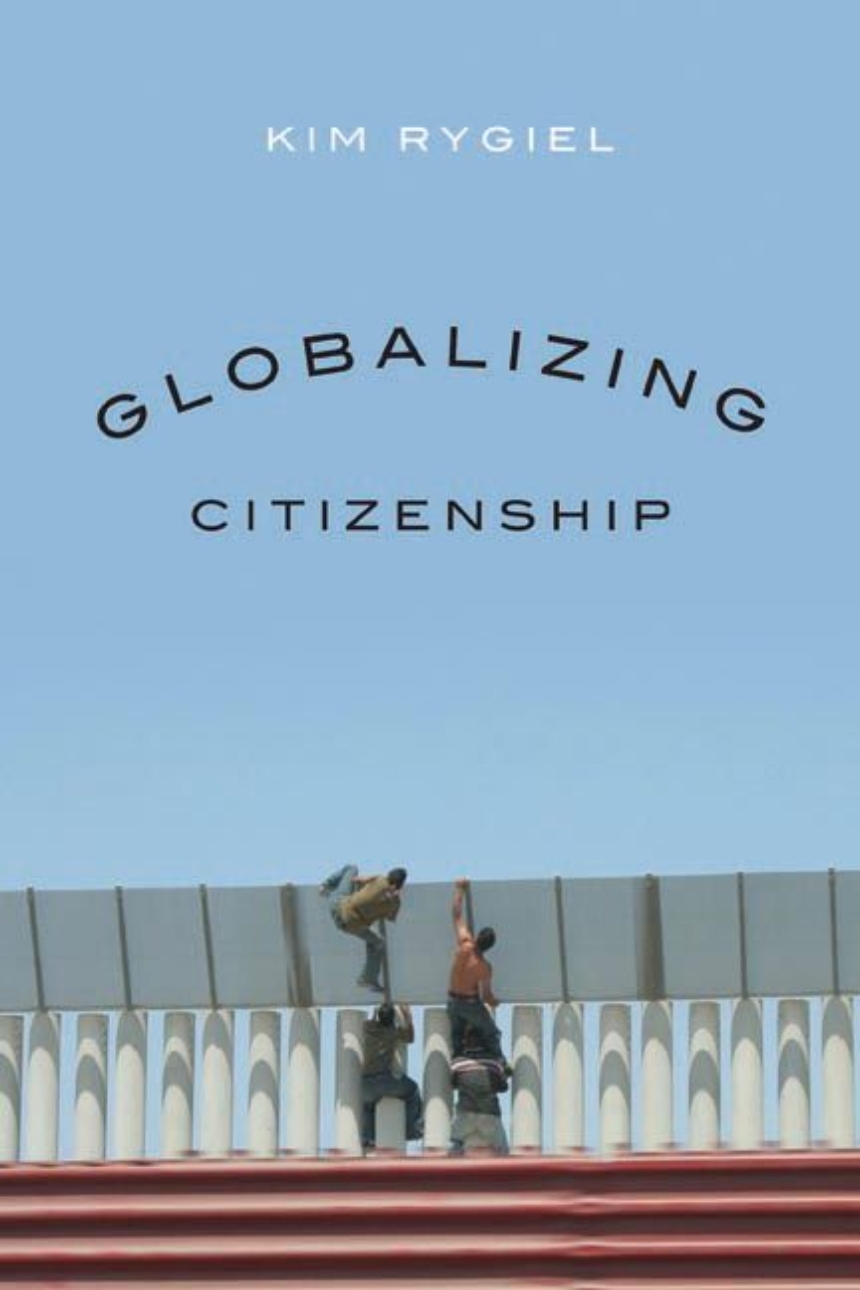Distributed for University of British Columbia Press
Globalizing Citizenship
272 pages | © 2010
Table of Contents
1 Introduction: Globalization, Security, and Citizenship
2 Citizenship in Crisis? Rethinking Citizenship as Government and Resistance
3 Globalizing Citizenship: Governing Global Mobility through Citizenship
4 Securitizing Citizenship: Citizenship as Biopolitics
5 Mobile Citizens and Systems of Surveillance: Border Controls as Technologies of Citizenship
6 (Un)Making Citizens and Abject Others: Detention Practices as Technologies of Citizenship
7 Conclusion: Towards a Politics of Citizenship as Resistance
Notes
References
Index

